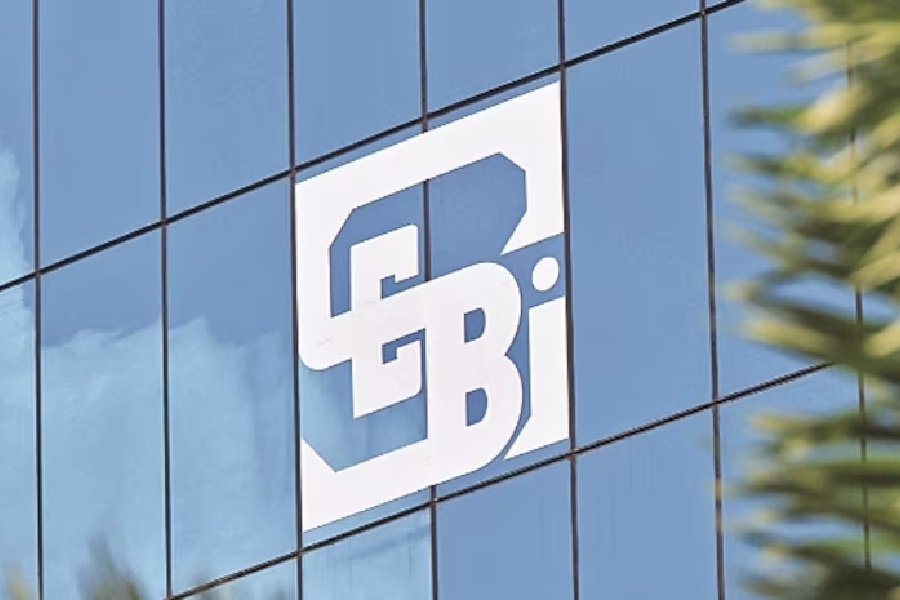Leading stock exchange BSE is expected to shell out more regulatory fee after the markets watchdog Sebi asked the bourse to pay the fee based on the "notional value" of its options contracts rather than on the premium value.
Reacting to the development, shares of BSE have slumped as much as 18.64 per cent to an intra-day low of Rs 2,612.0 on the NSE on Monday.
Market experts expect an increase in the BSE's regulatory fee payments to Sebi due to the significant variance between the notional and premium values. This discrepancy arises from the calculation method, which involves multiplying the contract size by the underlying price.
Notional turnover represents the overall strike price of all contracts traded in derivatives, whereas premium turnover is the sum of premiums paid on all contracts traded. As the notional value exceeds the premium turnover, opting for notional turnover as the basis entails a higher fee outlay.
"BSE is hereby advised to pay the regulatory fee based on annual turnover to Sebi considering the notional value in case of options contract," the exchange said in a filing to the National Stock Exchange (NSE) on Friday.
Also, the exchange has been asked to pay the differential regulatory fee for the past periods along with an interest of 15 per cent per annum on the remaining unpaid amount. It has been directed to pay the amount within one month of the receipt of the letter, the filing noted.
Sebi's letter mentioned that since the introduction of derivative contracts, BSE has been paying the regulatory fee on "annual turnover" to the regulator considering premium value for option contracts, instead of the notional value.
In a disclosure on Sunday, BSE said it is currently evaluating the validity of the claim as per Sebi communication.
In case it is ascertained that the said amount is payable, the total differential Sebi regulatory fees for the period from FY 2006-07 to FY 2022-23 would be Rs 68.64 crore plus GST, which includes an interest of Rs 30.34 crore. Further, the differential Sebi regulatory fees for FY 2023-24, if liable, could be around Rs 96.30 crore plus GST, BSE said.
The markets watchdog had introduced the regulatory fee on recognised stock exchanges under the Sebi (Regulatory Fee on Stock Exchanges) Regulations 2006, whereby the exchanges are required to pay the fee to the board within 30 days of the conclusion of a financial year. The rate of regulatory fee was based on the annual turnover of the stock exchanges.
Except for the headline, this story has not been edited by The Telegraph Online staff and has been published from a syndicated feed.











